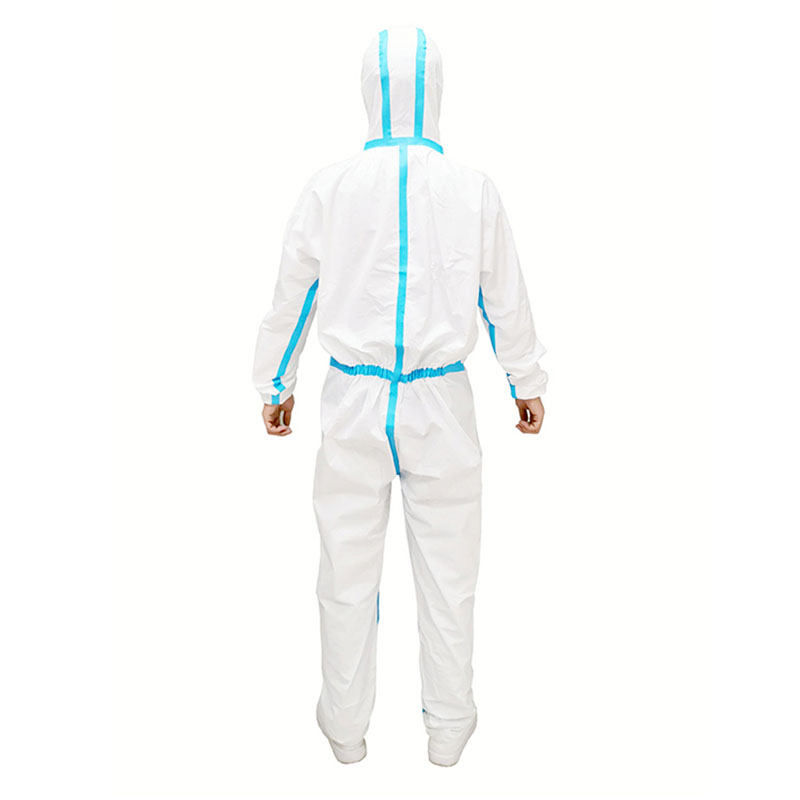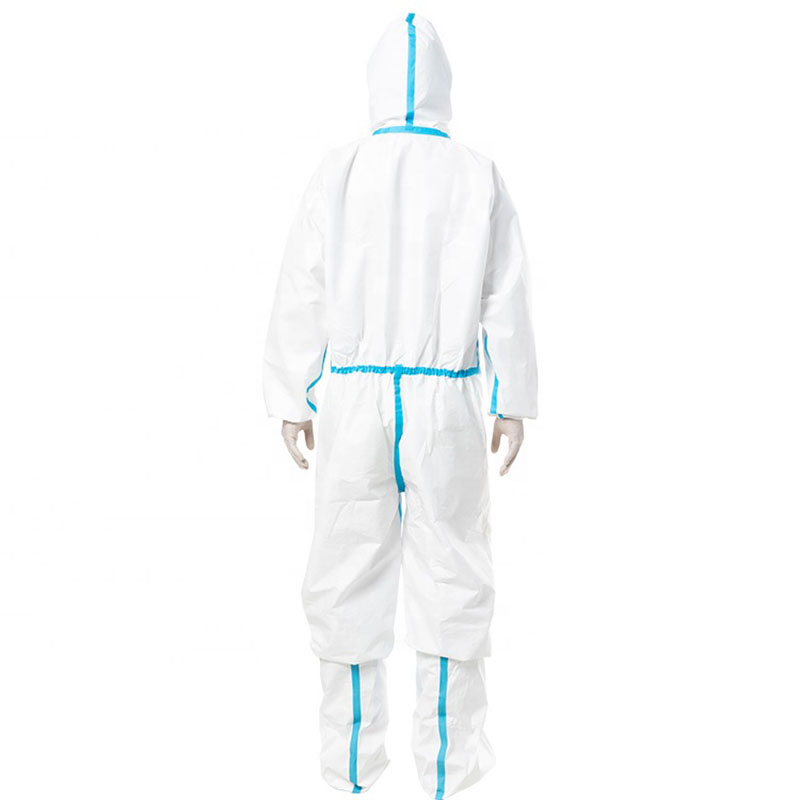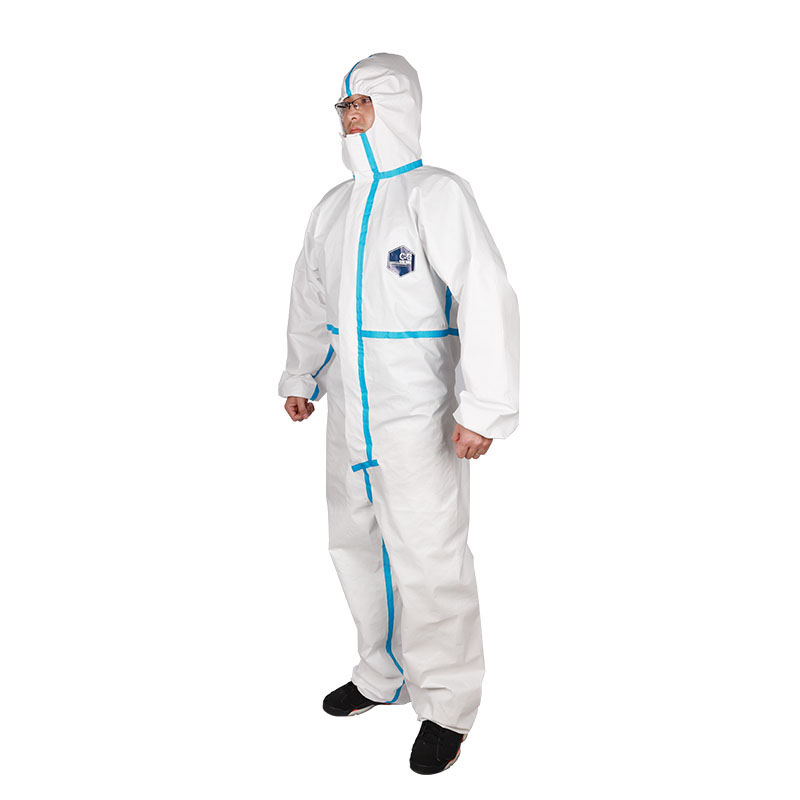May 15 is China's 23rd "day for the prevention and treatment of iodine deficiency disorders." In real life, people are less aware of the dangers of iodine deficiency, and most people still have misunderstandings about iodine supplementation. The reporter interviewed experts from the Center for Disease Control of Yantai City. Experts said that although Yantai is near the sea, it is still an area lacking iodine. The public must learn how to supplement iodine scientifically.
Yantai is an iodine-deficient area. The most scientific use of iodized salt for iodine supplementation
Yantai City CDC experts told reporters that according to the Yantai City CDC has been carried out in the city's drinking water in water iodine content test results show: Yantai's water iodine's median has been below 10ug/L, (water iodine The normal value is 10-150ug/L, and less than 10ug/L is determined as iodine deficiency area). Therefore, the city still belongs to iodine deficiency areas.
Take Zhifu District, the water iodine test result is only 2.42ug/L, far below the lower limit of the normal value. Moreover, the iodine deficiency in the natural environment is caused by the environmental change over a long period of time and is usually difficult to correct.
Experts said that due to the low iodine content in soil and water in Yantai City, the iodine content of drinking water and the food it produces is not enough to supplement people's daily needs, so it is necessary to supplement iodine. Eating iodized salt is the easiest, safest and most effective way to prevent iodine deficiency.
During the interview, the reporter learned that many citizens feel that Yantai is close to the sea and that eating more seafood does not require additional iodized salt. In this regard, experts told reporters that seafood products, although iodine-rich than land-based foods, but not very high, such as per 1000 grams of iodine iodine 200 micrograms, eat at least 750 grams of fish a day in order to ensure that the body normal iodine demand ( 150 micrograms) Most people generally do not eat so much. Moreover, almost no family eats seafood every day. Therefore, long-term adherence to iodized salt, simply relying on seafood products can not meet people's daily demand for iodine.
Iodine is not saved in the human body and citizens do not have to worry about excessive iodine
The reporters interviewed found that many residents of the port city have been eating iodized salt all the time. Some people even love to eat seaweed slices. They are worried that iodine eating will affect their health. In this regard, experts said that iodine does not accumulate in the human body, excess iodine will be excreted through the urine every day, do not worry.
Judging whether or not we have iodine in our body can be determined by detecting iodine in the urine. Every year, the Yantai CDC will select a group of people to monitor urinary iodine levels to determine whether the body's iodine nutrition level is appropriate. Experts stated that monitoring results for many years showed that the population of iodine in Yantai City was at the “appropriate†level, but the key population that needed iodine supplementation was pregnant women who had a tendency to have low levels of iodine nutrition. Experts remind prospective mothers that in order to have a smarter baby, besides insisting on eating iodized salt, foods with high iodine content such as kelp and seaweed should be properly increased in the diet.
However, experts also reminded that iodized salt is not suitable for everyone, and some people who are clearly diagnosed with thyroid disease, such as hyperthyroidism, are not suitable to eat iodized salt.
Iodine is harmful to health
Experts also told reporters that iodine, like iron and zinc, are essential micronutrients for human growth and development and are the main raw materials for the synthesis of thyroid hormones. Thyroid hormone participates in the metabolism of the body, maintains normal function of all organs, and promotes the growth and development of the human body, especially the brain.
Child's brain development starts from the mother's pregnancy, and the age of 1-3 is the key period for the child's brain development. If iodine deficiency during this period will seriously affect the normal development of the child's brain, resulting in intellectual damage and even lead to stay, small, deaf, dumb, deaf, terrible that this damage is irreversible, will affect the child's life.
Iodine deficiency in pregnant women can cause miscarriage, premature birth, stillbirth, and congenital malformations. Adults who lack iodine can cause hypothyroidism, fatigue, lack of concentration, and reduced work efficiency.
Disease Control Experts "Error Correction" Iodination Errors
In daily life, people often have some misunderstandings about iodine supplementation.
Misunderstanding 1: Is it necessary to eliminate iodine deficiency? Wrong, almost all areas of China's external environment (water, soil, etc.) are almost iodine deficiency. The status quo of iodine deficiency in the external environment is difficult to change. If iodine supplementation is stopped, iodine stored in the human body can last for up to 3 months. Therefore, iodized salt should be persistently consumed.
Misunderstanding 2: Iodine salt every day, will cause excessive iodine? wrong. According to the recommendations of the World Health Organization, adults recommend daily intake of 150 micrograms (minimum 75 micrograms). The average iodine content of iodized salt in China is 20 to 30 mg/kg, and the daily intake of iodine is approximately 150 to 300 micrograms, based on the daily intake of 5 to 10 grams of salt per person. Excluding the loss of storage and cooking, the intake of iodine will not be higher than recommended by the World Health Organization.
Misunderstanding 3: Residents of coastal areas often eat seafood, do not need to eat iodized salt? Wrong, need. In the coastal area without considering the loss of cooking, 84.2% of the iodine in the diet was from iodized salt, iodine from all kinds of food only accounted for 13.1%, and iodine from drinking water accounted for 2.7%. If iodine-free salt is eaten, more than 97% of the residents’ iodine intake will be lower than the recommended intake.
Misunderstanding 4: Eat more seafood in one day, and excess iodine in the body? Wrong, short-term excessive iodine intake will not cause harm to human health. Iodine is a trace element, and too much of it can cause adverse effects, but only a single intake of too much, will not cause serious consequences. Because a single intake of iodine must reach 6 mg or more, it can stimulate the release of thyroid hormones and affect the human body. This is rare in life. This often happens when clinically treating large diseases requires the use of large doses of iodine.
Medical protective clothing refers to the protective clothing used by medical personnel (doctors, nurses, public health personnel, cleaning personnel, etc.) and people entering specific medical and health areas (such as patients, hospital visitors, personnel entering infected areas, etc.). Its function is to isolate germs, harmful ultrafine dust, acid and alkaline solutions, electromagnetic radiation, etc., to ensure the safety of personnel and keep the environment clean.



protective clothing,personal protection,disposable surgical protective clothing
Shanghai Rocatti Biotechnology Co.,Ltd , https://www.shljdmedical.com